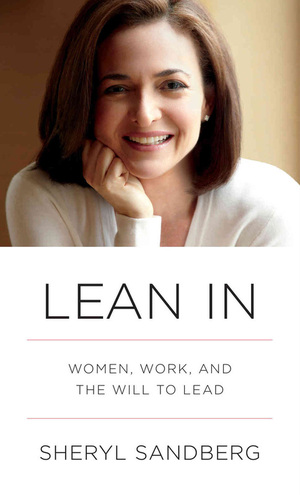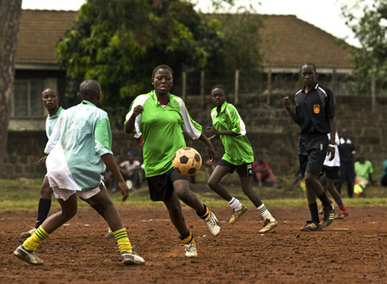2. Peeta Mellark, the feminist. Unpredictably, I love the challenges of typical gender roles in this film. But full disclosure: I'm on a complete Hunger Games binge at present. The second movie was amazing.
3. Do Mark Dayton's policies promote job growth in Minnesota? While I agree with many of Dayton's progressive policies, drawing the distinction between Wisconsin and Minnesota economies only based on three years of state leadership is audacious. Ceteris paribus? Not even close.
Hat tips: LANS, DW, Mom.



 RSS Feed
RSS Feed